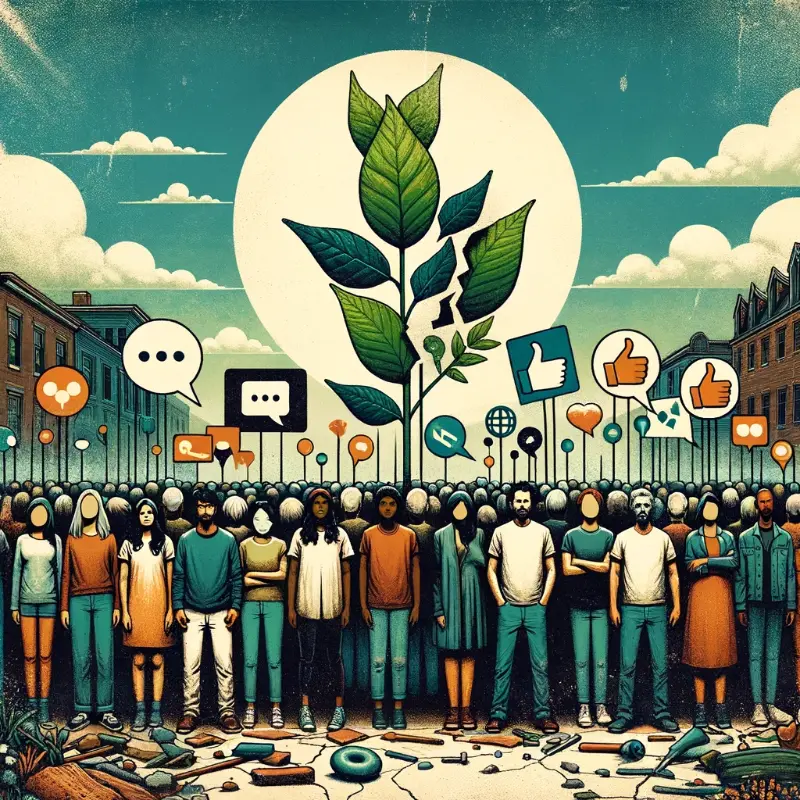10 Reasons Cancel Culture is Bad For Society

Explore why cancel culture harms society, stifling free speech, encouraging self-censorship, and hindering growth and open dialogue. Learn more inside.
Cancel culture, a phenomenon where individuals or groups attempt to diminish the influence of someone, typically a public figure or an organization, due to perceived offenses or disagreements, has been a topic of heated debate.
- Suppresses Open Dialogue
- Cancel culture creates an environment where people are afraid to speak their minds, especially on controversial topics, for fear of being "canceled."
- This fear stifles open dialogue, which is essential for the growth and evolution of ideas in society.
- Encourages Self-Censorship
- Knowing the potential repercussions of expressing an unpopular opinion, individuals may engage in self-censorship, limiting the diversity of perspectives and ideas that are essential for a vibrant, dynamic society.
- Erodes the Principle of Forgiveness
- Cancel culture often leaves little room for forgiveness or redemption, with individuals sometimes being ostracized for past mistakes indefinitely.
- This approach discourages personal growth and the understanding that people can change over time.
- Hinders Constructive Criticism
- The fear of being canceled can lead to a decrease in constructive criticism, as people may be hesitant to offer feedback that could be perceived as negative, even if it's intended to foster improvement or growth.
- Polarizes Society
- Cancel culture can exacerbate societal divisions by promoting an "us vs. them" mentality.
- This polarization undermines the potential for finding common ground and working towards collective goals.
- Misrepresents Individuals and Contexts
- The simplification of complex issues into "cancelable" offenses can lead to misrepresentation and misunderstanding.
- Important nuances and contexts may be overlooked, leading to unfair judgments and actions.
- Disproportionate Consequences
- The consequences of being canceled can be severe and disproportionate to the perceived offense. This can result in significant personal and professional harm, often without a fair process to address the concerns raised.
- Distracts from Meaningful Change
- Focusing on canceling individuals can divert attention and resources away from addressing systemic issues and implementing meaningful, long-term changes that could benefit society as a whole.
- Undermines the Legal Principle of Innocence Until Proven Guilty
- Cancel culture often operates outside of formal legal processes, with public opinion and social media acting as judge, jury, and executioner.
- This can undermine the legal principle of innocence until proven guilty.
- Limits Cultural Diversity and Creativity
- The fear of being canceled can stifle artistic expression and cultural exploration, as creators may avoid engaging with topics or ideas that could be deemed controversial, limiting the richness and diversity of cultural outputs.
Conclusion #
In conclusion, while holding individuals and institutions accountable is crucial, the approach taken by cancel culture often undermines free speech, growth, and the constructive evolution of society. A more balanced approach that encourages accountability, growth, and forgiveness may be more beneficial for fostering a healthy, vibrant society.